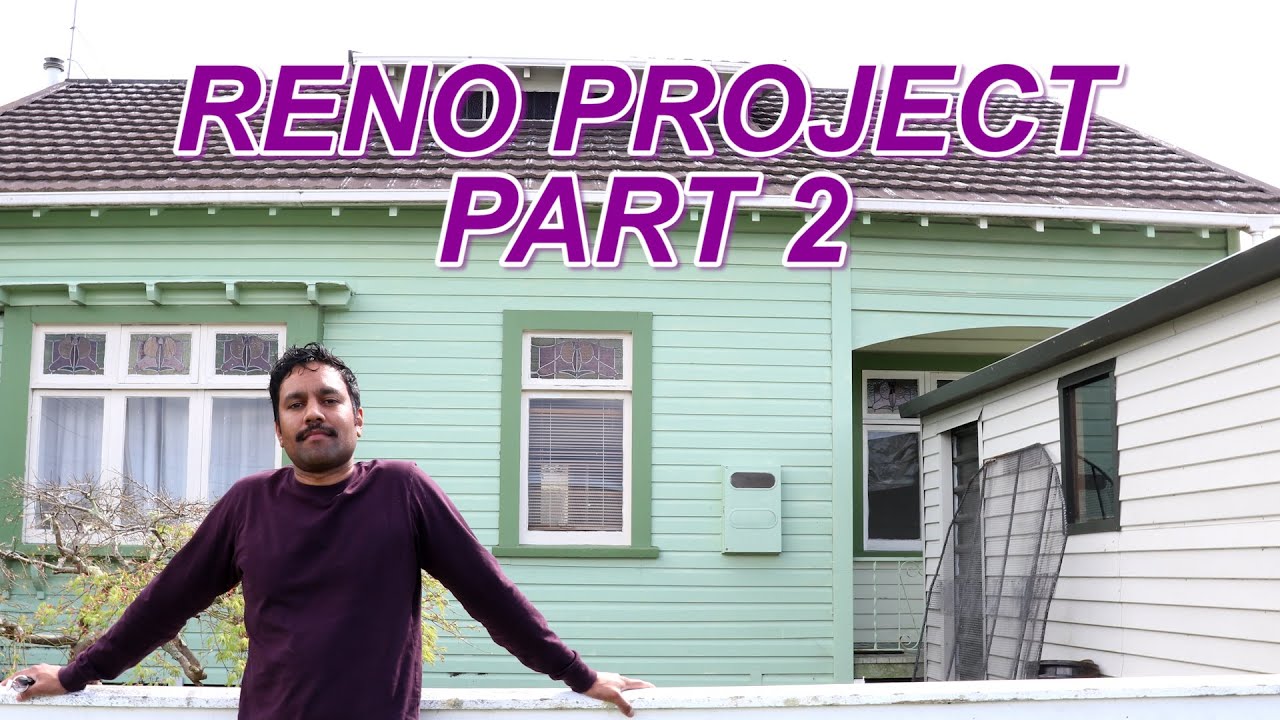By Tama Singh
Deadline is Friday 25th July 2025
Auckland Council’s 2025 property valuations, also known as Capital Values (CVs), were released in June 2025, covering approximately 630,000 residential, commercial, and rural properties across the region. These valuations, based on market trends and sales data as of 1 May 2024, play a critical role in determining property rates starting from 1 July 2025. However, if you believe your property’s CV is inaccurate, you have the right to object. This blog provides a clear, step-by-step guide on how to contest an incorrect Auckland Council property valuation.
Why Contest Your Property Valuation?
Your property’s CV directly influences the rates you pay. If your CV is higher than it should be, you may end up paying more in rates than is fair. Conversely, a CV that’s too low could affect your property’s perceived market value. Common reasons to contest a CV include:
- Inaccurate Property Data: Errors in recorded details like floor area, land size, or improvements (e.g., buildings or structures).
- Discrepancies with Comparable Properties: Your CV is significantly higher or lower than similar properties in your area.
- Storm or Hazard Impacts: If your property was affected by events like the 2023 Auckland floods, and this wasn’t adequately reflected in the valuation.
- Market Misalignment: The CV doesn’t align with sales data for comparable properties as of 1 May 2024.
In 2021, over 9,000 objections were lodged against Auckland Council valuations, showing that contesting a CV is a common and worthwhile process if you believe an error has been made.
Key Deadlines and Information
- Objection Deadline: You must lodge your objection by 25 July 2025.
- Valuation Basis: CVs are based on the likely selling price of your property (excluding chattels) as of 1 May 2024, not current market conditions.
- No Individual Inspections: Valuations are done via mass appraisal, using sales data, property details, and market trends, not physical inspections.
Step-by-Step Guide to Contesting Your CV
Follow these steps to lodge an objection and increase your chances of a successful outcome:
1. Review Your Valuation Notice
Your CV notice, sent by Auckland Council in June 2025, includes your property’s Capital Value, Land Value, and Improvement Value. You can also check your valuation online via the Auckland Council website’s “Find Your Property Rates or Valuation” page.
- What to Check:
- Confirm property details (e.g., floor area, land size, number of bedrooms, or improvements) are correct.
- Note the Land Value and Improvement Value, as errors in these components can skew the overall CV.
- If your property was impacted by the 2023 storms, ensure any relevant damage or repairs are accounted for.
- Tip: If you suspect an error, gather evidence like building plans, council consents, or photos to support your case.
2. Compare with Similar Properties
Auckland Council’s valuations are based on sales of comparable properties in your area around 1 May 2024. To assess whether your CV is fair:
- Research Comparable Sales: Look at sales data for similar properties (e.g., same size, style, and location) sold around May 2024. Websites like OneRoof or CoreLogic can provide this data, or consult a local real estate agent.
- Check Neighbouring CVs: Use Auckland Council’s online valuation search tool to compare your CV with those of similar properties in your street or suburb.
- Example: If your townhouse has a CV of $1.1 million, but identical townhouses in the same development are valued at $830,000, this discrepancy could justify an objection.
- Note: Avoid using sales data after 1 May 2024, as CVs reflect the market at that specific date.
3. Understand the Objection Process
Auckland Council provides a formal process for objecting to your CV, as outlined on their website. Objections are handled by independent valuation providers, such as Quotable Value (QV) or Opteon, who conducted the 2025 valuations.
- Grounds for Objection:
- Incorrect property data (e.g., wrong floor area or land size).
- CV not reflective of comparable sales as of 1 May 2024.
- Unaccounted factors, such as storm damage or zoning changes.
- No Cost: There is no fee to lodge an objection, but you’ll need to provide evidence to support your claim.
4. Gather Supporting Evidence
A strong objection is backed by clear evidence. Collect the following:
- Property Records: Building plans, council consents, or photos showing the property’s condition or repairs (especially for storm-affected properties).
- Sales Data: Details of comparable property sales from around 1 May 2024, including addresses, sale prices, and property features.
- Valuation Reports: If you’ve recently had a private valuation by a registered valuer, include this as supporting evidence.
- Hazard Information: For storm-affected properties, provide details like placard information, Natural Hazards Commission claims, or evidence of flood damage.
- Tip: Be specific about why you believe the CV is incorrect and how your evidence supports a different valuation.
5. Lodge Your Objection
You can submit your objection online or by post before the 25 July 2025 deadline.
- Online:
- Visit the Auckland Council website and navigate to the “Object to Our Valuation of a Property” page.
- Complete the objection form, including your property’s address, valuation reference number, and reasons for objecting.
- Upload supporting documents (e.g., sales data, photos, or valuation reports).
- Submit the form and keep a record of your submission.
- By Post (Email is far better option):
- Download and print the objection form from the Auckland Council website or request one by calling (09) 301 0101.
- Fill out the form with the required details and attach copies of your supporting evidence.
- Mail it to: Auckland Council, Private Bag 92300, Auckland 1142, ensuring it arrives by 25 July 2025.
- For Former Auckland City Council Area: If your property is in the central area (former Auckland City Council), you may need to use the Rating Information Database (RID) objection process. Check the Auckland City Council website for details.
6. What Happens Next?
Once your objection is lodged:
- Review Process: QV or Opteon will review your objection, which may involve a desktop reassessment or, in some cases, a site visit.
- Timeline: There’s no statutory timeframe for resolution, and it may take months. In 2021, some objections took over a year to process.
- Rates During Review: You’ll pay rates based on the original CV until the objection is resolved. If successful, Auckland Council will issue an amended rates assessment, and you may receive a refund or face an additional charge.
- Tip: Be patient, but follow up with Auckland Council if you don’t hear back within a reasonable period. Call (09) 301 0101 for updates.
7. Seek Professional Help (Optional)
If your objection is complex or involves significant financial implications, consider:
- Registered Valuer: Hire a professional valuer to provide an independent assessment of your property’s value as of 1 May 2024.
- Real Estate Agent: Consult a local agent for insights into comparable sales and market trends.
- Legal Advice: For disputes involving zoning, storm damage, or large commercial properties, a property lawyer may provide guidance.
Tips for a Successful Objection
- Act Quickly: Don’t miss the 25 July 2025 deadline. Start preparing as soon as you receive your CV notice.
- Be Specific: Clearly state why the CV is incorrect and provide evidence to back your claim.
- Focus on 1 May 2024: Ensure all evidence relates to the valuation date, not current market conditions.
- Check Storm Impacts: If your property was affected by the 2023 floods, highlight any unaccounted damage or repairs.
- Stay Polite and Professional: When communicating with Auckland Council or valuers, maintain a courteous tone to facilitate a smoother process.
Frequently Asked Questions
Q: Will objecting to my CV delay my rates payment?
No, you must continue paying rates based on the original CV while your objection is reviewed. If successful, adjustments will be made retroactively.
Q: Can I object if my CV is too low?
Yes, though rare, you can object if you believe your CV is too low, as this could affect your property’s perceived market value.
Q: How do I know if my CV is fair?
Compare your CV with those of similar properties in your area and review sales data from around 1 May 2024. If there’s a significant discrepancy, an objection may be warranted.
Q: What if I miss the objection deadline?
Unfortunately, objections after 25 July 2025 are unlikely to be accepted unless you can prove exceptional circumstances. Contact Auckland Council immediately to discuss your options.
Conclusion
Contesting an incorrect Auckland Council property valuation in 2025 is a straightforward process if you act promptly and provide strong evidence. By reviewing your CV notice, comparing it with similar properties, and lodging a well-supported objection by 25 July 2025, you can ensure your rates are based on a fair and accurate valuation. If you’re unsure about any step, don’t hesitate to contact Auckland Council at (09) 301 0101 or seek professional advice from a valuer or real estate agent.
For more information, visit the Auckland Council website or check the “Object to Our Valuation of a Property” page for detailed guidance.
Disclaimer: This blog is for informational purposes only and does not constitute legal or financial advice. Always consult with Auckland Council or a professional for specific guidance on your property valuation objection.







